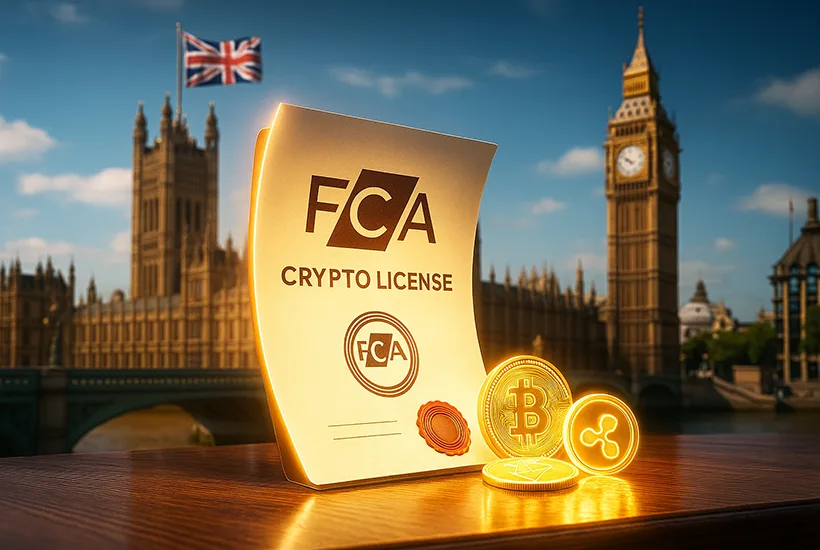The UK Financial Conduct Authority (FCA) is fast-tracking its registration process for crypto companies following criticism over lengthy approval timelines. Applications that previously took an average of 17 months are now being processed in just over five months, according to a Financial Times report on Sept. 22.
Approval rates have jumped to approximately 45% since April, up from less than 15% over the previous five years. The FCA has achieved this by increasing staffing, introducing pre-application meetings, and providing clearer guidance to applicants, all without lowering regulatory standards. Major firms such as BlackRock and Standard Chartered have reportedly received approvals under the accelerated process.
Streamlining procedures and improving industry engagement
The agency has also expanded engagement efforts, hosting roundtables, webinars, and pre-approval meetings to clarify requirements. David Geale, FCA executive director for payments and digital finance, noted that these steps have improved the quality of applications and reduced processing times, enhancing both efficiency and transparency in crypto oversight.
The FCA’s efforts aim to maintain high standards while making it easier for firms to navigate the regulatory landscape, a shift from past practices that drew criticism for delays.
UK positions for full crypto regulation and U.S. alignment
The acceleration of approvals is part of a broader push to bring crypto-asset businesses under full regulation by 2026. Proposed rules would subject firms to the Senior Managers and Certification Regime, operational resilience standards, and anti-financial crime protocols similar to those applied to banks and brokerages. Draft legislation introduced by HM Treasury would also give the FCA authority over trading platforms, custody services, and staking operations.
In addition to domestic reforms, the UK is coordinating with the U.S. to align regulatory frameworks. High-level discussions between UK Chancellor Rachel Reeves and U.S. Treasury Secretary Scott Bessent are exploring joint oversight of stablecoins, shared regulatory sandboxes, and measures to simplify U.S. market access for UK crypto firms. These initiatives are designed to strengthen London’s position as a global crypto hub.



